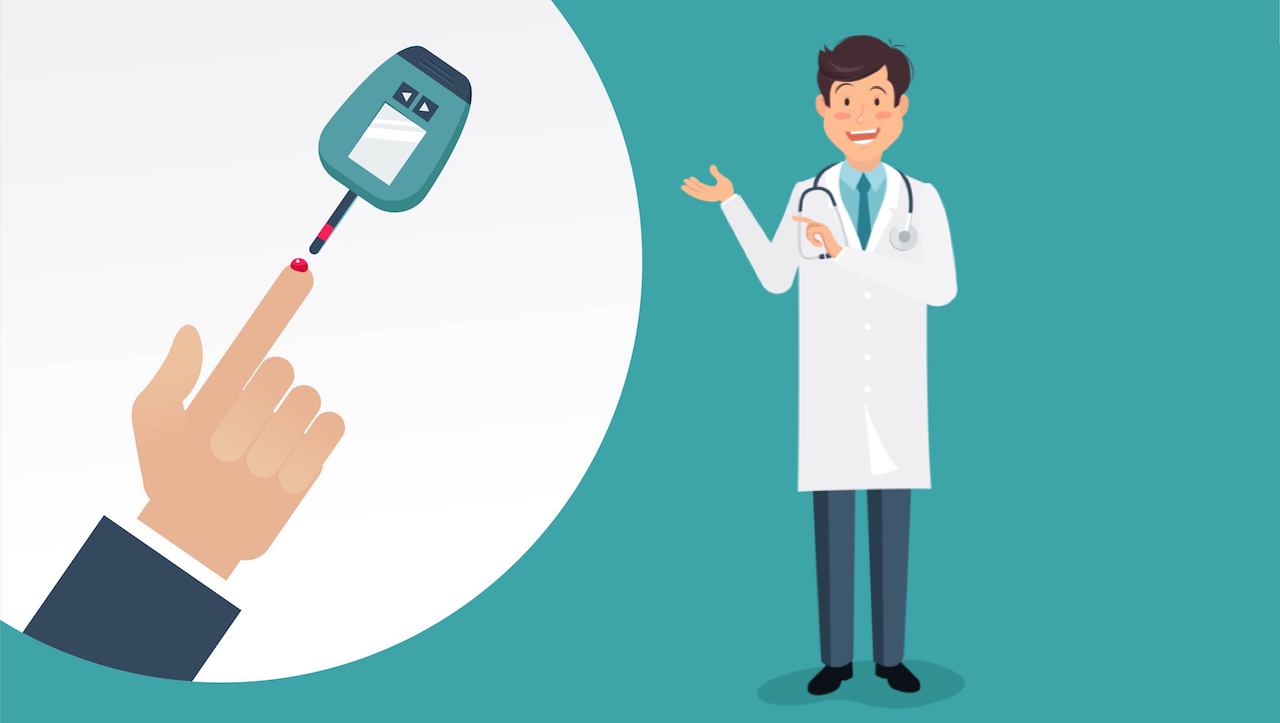You may have heard the term “insulin resistance” bandied about in recent years; maybe you thought it was just another manufactured disorder to sell yet another fad diet. But insulin resistance is a real health condition.
What is insulin resistance?
Insulin resistance is when your body doesn’t respond to insulin released into your bloodstream.
Insulin regulates the amount of glucose (a type of sugar) in your blood; this is important for your body to have enough energy to get you through the day. Insulin either converts glucose to energy, or to body fat. Preferably energy rather than excess body fat, right?
Definitely, particularly as excess body fat, especially tummy fat, can cause insulin resistance in the first place.
As your cells become resistant to insulin, your body responds by generating more insulin. High insulin levels are associated with high blood pressure, hardened arteries, excess weight gain, and Type 2 diabetes.
Symptoms of insulin resistance
Insulin resistance is a silent disease; initially you will have no symptoms, but eventually, symptoms will develop.
You will:
- Feel tired.
- Have difficulty concentrating.
- Feel hungry.
- Gain weight around your tummy (if you don’t already have a spare tyre).
- Develop higher blood pressure and cholesterol levels.
Without appropriate diagnosis and management, you could develop type 2 diabetes. .
What causes insulin resistance?
Insulin resistance is mostly caused by:
- Unhealthy eating.
- Lack of exercise.
- Being overweight.
- Constantly high stress levels.
- A family history of diabetes.
- Chronic inflammation (often related to high stress levels).
It can also be a side-effect of polycystic ovary syndrome or Cushing’s disease, or taking steroids for a long time.
How can I treat insulin resistance?
While researchers can’t pinpoint the main cause (for example, an obese person does not necessarily develop insulin resistance as a result of their weight), they all agree that lifestyle changes are the best defense and offence. A good example of prevention better than cure!. Treating and preventing insulin resistance relies on changing your lifestyle; what you eat, how much you exercise and watching your weight.
Change your diet
Changing your diet will have knock-on effects if you’re overweight; you shed excess kilos and have more energy to exercise.
Your new diet should cut out refined sugar and carbohydrates (goodbye cooldrinks and white bread) as well as processed and convenience foods. Your diet should include mostly fresh produce, healthy fats (coconut oil, olive oil, avocado, nuts) and good quality protein (meat, eggs and fish)..
Get moving
Exercise is difficult to get in if you’re working at a desk all the time but make time to get at least 30 minutes every day. You don’t need to go to the gym; walking, gardening and housework are all moderate activities that contribute to get your body moving. A sedentary lifestyle is a major cause of insulin resistance.
The good news is that in most cases, you can treat and prevent insulin resistance.



